Bad Breath Treatment In Chelsea, MA
Bad breath, also called halitosis, can be embarrassing, especially around your loved ones or in a business meeting. It is no wonder that store shelves are overflowing with gum, mints, mouthwashes, and other products designed to fight bad breath and keep our mouths feeling fresh. However, many of these products are temporary measures and do not address the cause of bad breath directly. Certain foods, health conditions, and oral habits are among the causes of bad breath. In many cases, you can improve your breath with consistent proper oral care. If simple self-care techniques do not solve the issue, please book an appointment with our office as there may be an underlying cause.
Bad breath odors vary depending on the source or the underlying cause. While most patients tend to only have a mild case of bad breath that can be fixed with a proper oral care regimen at home, there are cases which require a dental professional to intervene. While it is important to check all concerns with our office, just to be safe, here are the main causes of bad breath:
- Food | The breakdown of food particles in and around your teeth can increase bacteria and cause a foul odor. Eating certain foods, such as onions, garlic, and certain spices can cause bad breath. After you digest these foods, they enter your bloodstream, are carried to your lungs, and affect your breath.
- Tobacco | Smoking causes its own unpleasant mouth odor. Smokers and oral tobacco users are also more likely to have gum disease, another source of bad breath.
- Dental Hygiene | If you do not floss and brush at least twice daily, food particles remain in your mouth, causing bad breath. A colorless, sticky film of bacteria (plaque) forms on your teeth. If it is not brushed away, plaque can irritate your gums and eventually form plaque-filled pockets between your teeth and gums (periodontitis). Your tongue can also trap bacteria that produces odors. Dentures that are not cleaned regularly can harbor odor-causing bacteria and food particles as well.
- Dry Mouth | Saliva helps cleanse our mouths, removing particles that cause odors. A condition called dry mouth, or xerostomia, can contribute to bad breath because the production of saliva is decreased. Dry mouth naturally occurs during sleep, leading to "morning breath," and it worsens if you sleep with your mouth open. Chronic dry mouth can be caused by your salivary glands or other medical diseases.
- Medications | Some medications can indirectly produce bad breath by contributing to dry mouth, while others are broken down in our body to release chemicals that are carried on our breath.
- Infections | Bad breath can be caused by surgical wounds after oral surgery, such as a tooth removal, or because of tooth decay, gum disease, or mouth sores.
- Mouth, Nose, and Throat Conditions | Bad breath can occasionally stem from small stones that form in our tonsils and are covered with bacteria, as well as from infections or chronic inflammation in our nose, sinuses, or throat.
- Other Causes | Diseases, such as some cancers, and conditions such as metabolic disorders, can cause a distinctive odor because of chemicals they produce. Chronic reflux of stomach acids (gastroesophageal reflux disease, or GERD) is also associated with bad breath.
Some patients worry about their breath even though they have little or no mouth odor, while others have bad breath and do not realize it. Because it is difficult to assess how your own breath smells, ask a close friend or relative to confirm if you suspect you may have bad breath. If you have bad breath, review your oral hygiene habits. Try making lifestyle changes, such as brushing your teeth and tongue after eating, using dental floss, and drinking plenty of water. If your bad breath persists, call our office.
We are the local Chelsea dentist near you!
It’s Your Smile. Together Let's Make It Your Best!
Request A Dental Appointment
We look forward to seeing you soon! Please note, we will do our best to accommodate your schedule. You can reach us on (617) 889-2668 or complete the form below.
We ask that you arrive to your appointment 15-minutes early.
We accept all PPO’s and are in network with all DHMOs. We do suggest that you contact your insurance provider and our office to confirm your coverage, and our team will be happy to help you file your claim and find ways to get the most out if your benefits.
Thank you so much for contacting our dental practice. While we strive to respond to all inquiries right away, we may be away from the desk helping a patient or out of the office. We will do our best to reach back to you shortly.
Please note, if this is a dental emergency, it would be best to call our practice as this is the fastest way to reach us (617) 889-2668.
Please try again later
Chelsea Dentist
We understand that trying to find a nearby dentist you can trust is difficult, that is why we make it easy for you to work with us.
(617) 889-2668
59 Washington Ave, Chelsea, Massachusetts, 02150
info@affordabledentalchelsea.com
Helpful Links
Dental Practice Hours
- Monday
- -
- Tuesday
- -
- Wednesday
- -
- Thursday
- -
- Friday
- -
- Saturday
- -
- Sunday
- Closed
All Rights Reserved | Affordable Family Dental
All Rights Reserved | Affordable Family Dental
Dentist Website Diagnosed, Treated, and Cured by Dr. Marketing Inc
